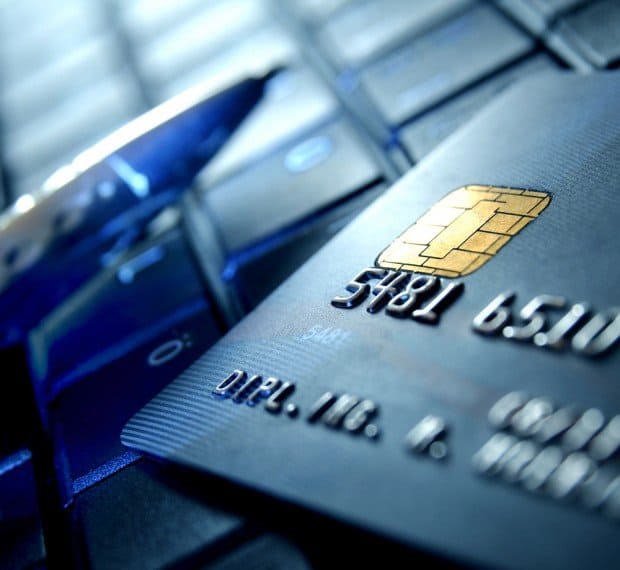Secure in 60 Seconds
While you slip into that Thanksgiving Day coma, take 6o seconds to beat holiday crime and stay secure. Nearly half of holiday shopping this year will be done through online merchants; about 46 percent according to the National Retail Federation. That is up slightly from last year and is another sign that U.S. consumers remain very comfortable with shopping online.
As we enter peak-season for retailers, no doubt, your email inbox is already filled with holiday themed messages, as multitudes of retailers work to win your heart and your pocketbook on the big, post-Thanksgiving Day shopping day.
As you formulate your holiday spending strategy, here are a few simple shopping tips that may help you protect yourself from criminals both online and outside:
- Beware of phishing schemes. Just because an email appears to be legitimate doesn’t mean it is. Phishing is when criminals target large numbers of people through email, attempting to obtain private and personal data and even cash. Such emails may look somewhat legitimate, but even without close scrutiny there are often obvious clues they’re not. For example, misspelled words and poor grammar are good indicators an email was sent by a scammer. If you receive one, just delete it. Do not open any of the accompanying attachments or clicking on included links which are common vectors for criminals to take control of your computer and ruin your holidays.
- Stick to retailers you know and trust. You may be tempted by the low prices offered by a company you’ve never heard of, but will they help you out if the item you order isn’t what was described on their website or never arrives? And if the business turns out to be untrustworthy, remember you’ve also given them your payment card number and other personal information. Make sure your credit card company offers buyer fraud protection which costs you nothing and might just save the day!
- Use a credit card, rather than a debit card. When you choose your debit card over your credit card, you are exposing yourself to more risk. A criminal can clean out your checking account in one fell swoop with your debit card. To add insult to injury, may people also have over draft protections associated with a debit card linked to draw directly from their savings account. A criminal could completely clean you out within minutes!
- When shopping online, ensure the site is secure. Look for sites with URLs that begin with HTTPS, rather than HTTP. This technical designation of HTTPS creates an encrypted private connection between your browser and the website you’re visiting, so that the information exchanged cannot be viewed or modified by an outsider.
- In the physical world, make sure packages arrive when someone’s home to receive them. Thieves have resorted to following delivery trucksand taking items left on front porches when no one’s home. Consider having your items delivered to your work address or to a friend who’ll be at home when the doorbell rings. Also installing security cameras help identify criminals if professionally installed.
- When in doubt, ask someone knowledgeable about cybersecurity. Most security professionals are happy to lend some advice free of charge.
These simple steps cost you nothing and do not require the services of the multitude of so-called identity theft companies out there. You can do more to secure and protect yourself faster and cheaper than anyone and all it takes is a little common sense.
Now … from everyone here at Lazarus Alliance, enjoy the holidays!
Lazarus Alliance is Proactive Cybersecurity®


